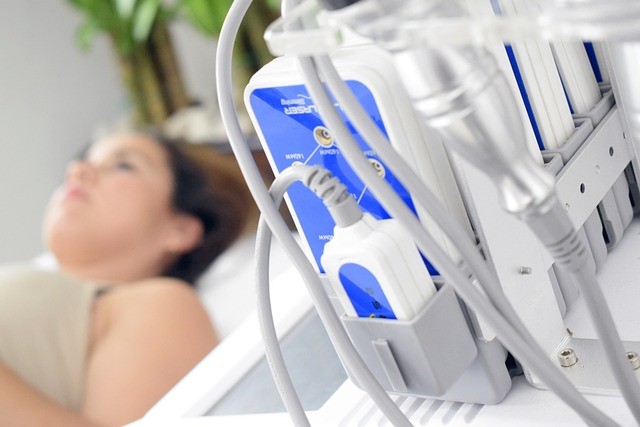As of my last update in September 2021, several risk factors have been linked to the rising breast cancer rates in the United States. It’s important to note that cancer is a complex disease influenced by various factors, and no single cause can explain the entire increase in breast cancer rates. However, some common risk factors associated with the rise in breast cancer rates include:
1. Aging Population:
The risk of breast cancer increases with age, and as the overall population in the US is aging, the incidence of breast cancer is also rising.
2. Lifestyle Factors:
Certain lifestyle choices can contribute to an increased risk of breast cancer. These factors may include a sedentary lifestyle, unhealthy diet, alcohol consumption, smoking, and obesity.
3. Delayed Childbearing:
Women who have their first child at a later age or who choose not to have children may have a slightly higher risk of breast cancer.

4. Hormone Replacement Therapy (HRT):
Some studies have linked the use of hormone replacement therapy, especially for menopause symptoms, to a higher risk of breast cancer.
5. Early Menstruation and Late Menopause:
Starting menstruation at an early age (before age 12) and reaching menopause at a later age (after age 55) have been associated with a slightly increased risk of breast cancer.
6. Family History and Genetics:
Women with a family history of breast cancer, especially in first-degree relatives (mother, sister, daughter), and certain genetic mutations, such as BRCA1 and BRCA2, are at higher risk.
7. Increased Awareness and Screening:
The rise in breast cancer rates may also be partially attributed to increased awareness and early detection through mammography and other screening methods, leading to higher rates of diagnosis.
It’s important to remember that while these risk factors are associated with an increased likelihood of developing breast cancer, having one or more risk factors does not guarantee that an individual will develop the disease. Conversely, some women with breast cancer may have no identifiable risk factors.
Preventive measures, such as maintaining a healthy lifestyle, regular exercise, maintaining a healthy weight, limiting alcohol consumption, and discussing screening options with a healthcare provider, can help reduce the risk of breast cancer. Early detection through regular screenings and prompt medical attention if any symptoms are noticed is crucial for improving outcomes and survival rates. If you have concerns about breast cancer or any other health issues, consult with a healthcare professional for personalized advice and guidance.











